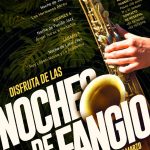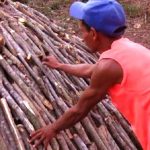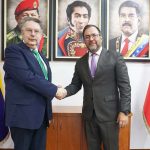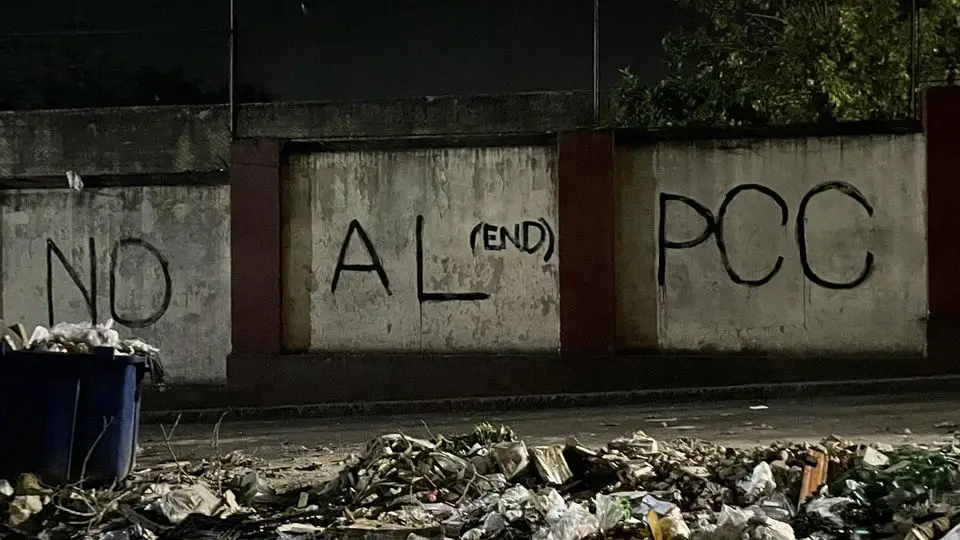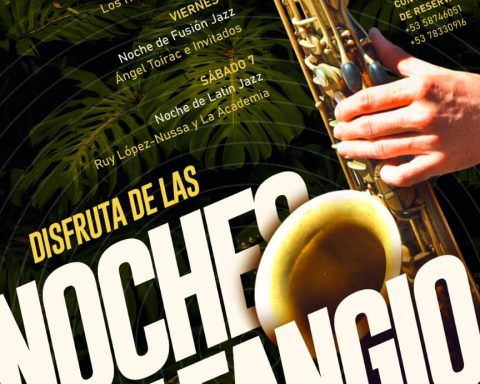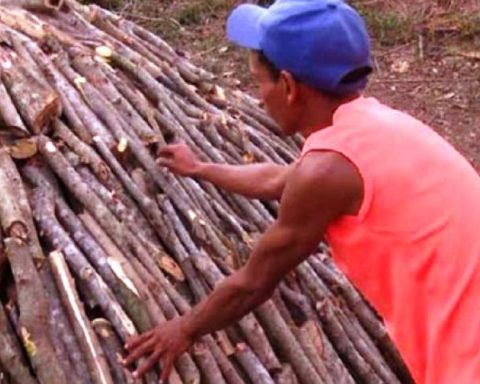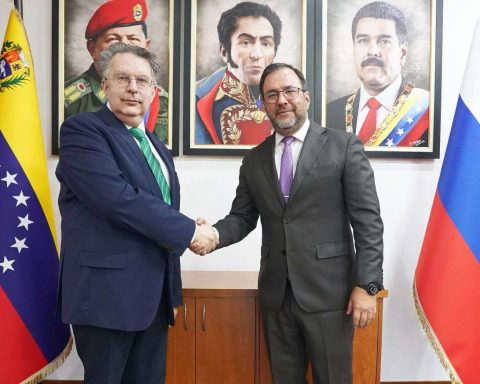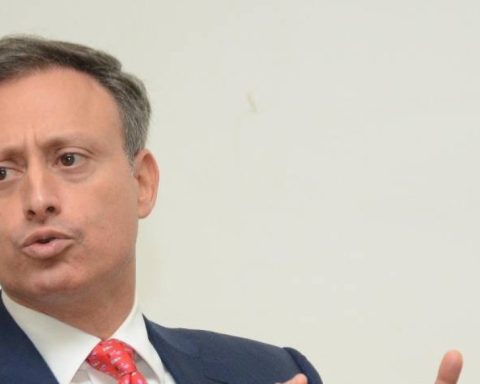“Before all this was a party. Since you were getting closer to the sanctuary, you could hear the uproar of music, rockets and songs, you felt the faith and the uproar,” says “Agustín”, an artisan from Masaya who has been part of the pilgrim carts that every year, prior to Holy Week, visit the National Sanctuary of Jesús del Rescate in the Popoyuapa region, department of Rivas, in southern Nicaragua.
“Agustín” inherited the tradition from his father Adán, who in turn inherited it from his father “Albino”. For more than a century, they, with their family on their backs, have made pilgrimages to the sanctuary aboard carts pulled by oxen, to pay promises for favors received and share fruits, crafts, and typical dishes with promises and pilgrims from all over the country.
More than 100 years of history of Catholic faith and family tradition are not coming to an end, but they are getting closer: the merciless Sandinista regime prohibited bans and open religious events “for security reasons.”
Related news: Promising pilgrim carts: “They can prohibit the procession, but not the faith”
The Sandinista repression against the Catholic Church, its leaders and parishioners frightened the sponsors of the tradition of pilgrim wagons that provided meals, music, fireworks and other contributions that turned the event into a true religious festival.
Despite the threats from the police officers at the service of the dynastic family of Daniel Ortega and Rosario Murillo, the population came out to receive the pilgrims and celebrated their arrival on the grounds of the sanctuary, without daring to go beyond the sacred perimeter.
“I never want to stop paying the promises and keep coming with my family to pay homage to Papa Chu, but I don’t want to go to jail either. My family asked me that this be the last time we come here until they leave, so maybe next year we won’t come and we’d better sell the oxen”, said “Agustín”.
The biblical prophecy that condemns Ortega
It’s not a prophecy, but it sounds a lot like one.
“While Ortega tries today to destroy the people and the Church, history will remember him as yet another who tried to get rid of the Church and failed. Let us remember the promise of Our Lord Jesus to Peter and to us about his Church when he said ‘The gates of hell will not prevail against it (Matthew 16:18)’”.
The phrase is the culmination of an opinion article by priest Carlos Ravert on the prestigious digital platform www.catholicphilly.com about the persecution of the Catholic Church in Nicaragua.
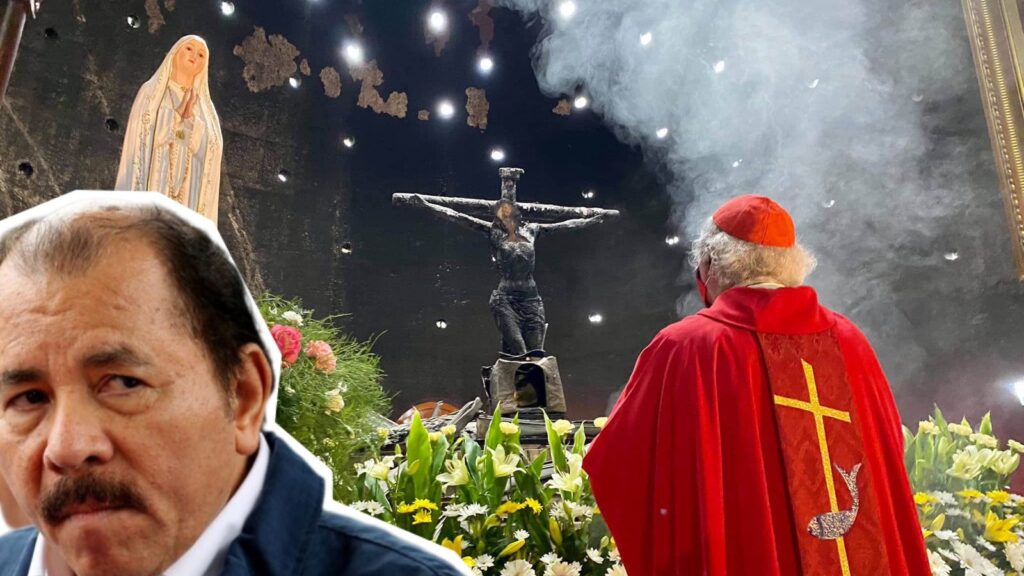
“The Ortega government’s attacks against the Catholic faith are part of its continued consolidation of political power, effectively nullifying that country’s democracy,” he says. According to the author, this path of dictatorship “is plunging Nicaragua, its people and the Church into a dark age that will have lasting consequences.”
“Ortega and his political thugs are yet another chapter in the decades-long attempts by governments in Latin America to crush the presence of Jesus Christ and his Church. Juárez y Calles in Mexico in the 1850s and 1920s, the violence in Colombia in the 1940s and 1950s, caused the death of many priests, nuns and faithful”, recalls the priest.
“El Salvador’s military government played a similar role in the 1970s and 1980s as Castro and his regime did this in Cuba during the latter part of the 20th century. Now Ortega is trying,” observes Ravert.
The burning of sacred images
His article summarizes in broad strokes what happens in Nicaragua with the Catholic Church under the dictatorship of the old Ortega and Murillo couple: “He is trying to destroy the people of Nicaragua and the Catholic Church to consolidate his power in an absolute dictatorship. The clergy are imprisoned and deported. Catholic schools and universities are forced to close their doors. His political enemies are stripped of citizenship and exiled. The Catholic faithful are prohibited from taking the faith to the streets. These persecutions are horrible and the suffering they cause is immense.”
Related news: Father Román regrets that Nicaragua is the only country where Holy Week processions will not take place
Indeed, the priest seems informed of what is happening in Nicaragua and it can be summed up in this: the dictatorship has closed and confiscated universities, schools, charitable centers, the media, and offices of the Catholic Church.
What generated the greatest astonishment was the burning of sacred images for the Catholic people in the Cathedral of Managua and they surrounded the parishes and churches for days to prevent patron saint festivals and religious events. In addition, the dictatorship has persecuted the clergy, imprisoned priests, threatened, insulted, beaten, and harassed priests, nuns, seminarians, priests, lay people, and parishioners in general. In 2018 they even murdered an altar boy in León.
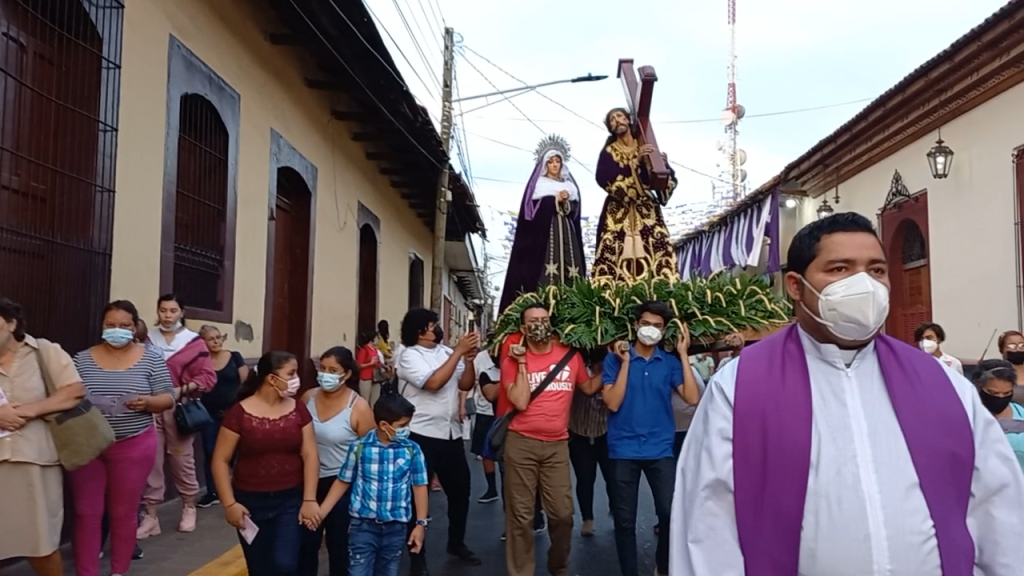
The case of Bishop Rolando Álvarez is revealing of the religious panorama in Nicaragua: kidnapped, accused and sentenced to 26 years in prison for refusing to go into exile.
The ridicule against him was evident: a family visit after months of forced disappearance and isolation in torture cells was televised by Ortega’s media employees, just as cynical as their bosses but poorer than that corrupt family, who dared to wanting to manipulate the family moment to establish a narrative of “good government”.
Álvarez, older and skinnier, was kind to the cynicism of the official journalist Juan Cortés and even mocked his servility: Do you see me well? And how do you see my face? ”, He asked her. The journalist did not know what to answer, he stammered what he could. His bosses did not warn him that he would find the bishop wise and unwavering, as he always has been.
Sandinista dictatorship prohibits the Catholic faith
In its open war with the Catholic Church, whom Ortega has called terrorists, thieves, criminals and the mafia, the regime ordered the cancellation of all religious activities that are traditionally held during Holy Week: processions, Stations of the Cross, open masses and public liturgies.
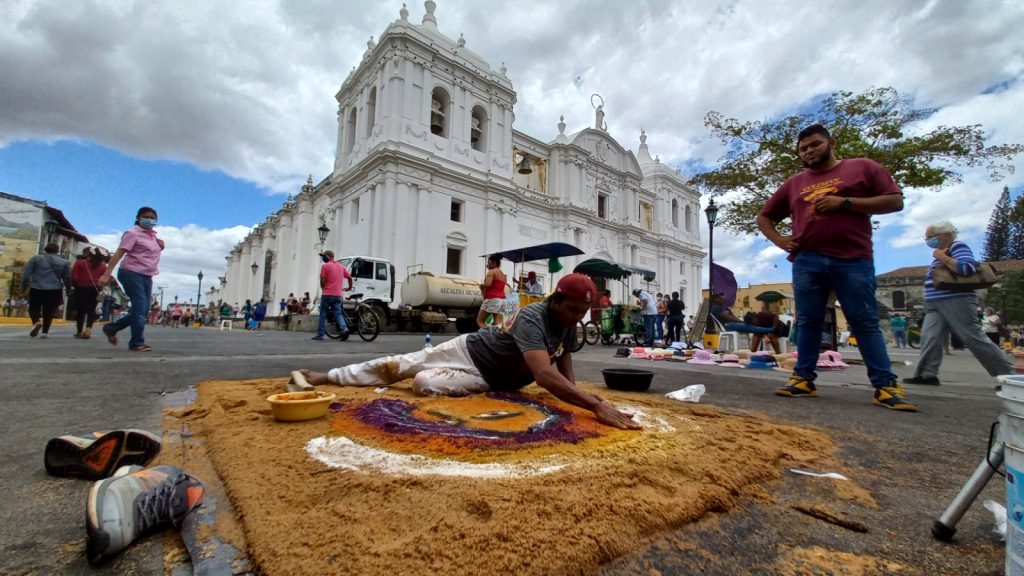
The police, sanctioned internationally for the commission of crimes against humanity since the social protests of April 18, 2018, are in charge, together with paramilitaries and Sandinista fanatics, of guarding the temples, notifying the orders and threatening the religious leaders and parishioners.
For the Bishop of the Honduran Diocese of Danlí, Monsignor José Antonio Canales, what is happening in Nicaragua with the Church has never been seen in recent history: the expulsion of the Apostolic Nuncio, Monsignor Waldemar Sommertag, in March 2022; the rupture of relations with the Vatican in March 2023 and the sentence of a bishop last February.
Ortega’s dirty war against the Church since 2018, according to data from the Nicaraguan researcher, lawyer Martha Patricia Molina, is counted in more than 400 different types of attacks such as beatings, imprisonment, defamation, threats, fires, assaults, confiscations, even exile and convictions, among others.
“A Hitlerian dictatorship”
Such a level of aggression motivated Pope Francis himself to respond to Ortega with a frankness that surprised the world.
“With great respect, I have no choice but to think about an imbalance in the person who leads,” Pope Francis said, referring to Ortega, in an interview with Infobae and published on March 10.
Related news: Annoyance in León due to the ban on Catholic processions
“It is something that is outside of what we are experiencing, it is as if it were bringing the communist dictatorship of 1917 or the Hitlerite dictatorship of 1935. Bringing the same here. They are a type of rude dictatorships”, she emphasized, adding an Argentine concept to qualify the Ortega-Murillo dictatorship: “a guaranga dictatorship”.
The sincerity of the Pope stirred up the bile in El Carmen and accelerated the process of breaking with the Vatican. On March 17, the charge d’affaires of the Apostolic Nunciature in Nicaragua, Monsignor Marcel Diouf, left the country for Costa Rica.
“The closure of the diplomatic headquarters of the Holy See occurred following a request from the Nicaraguan government on March 10, 2023,” Vatican News noted.
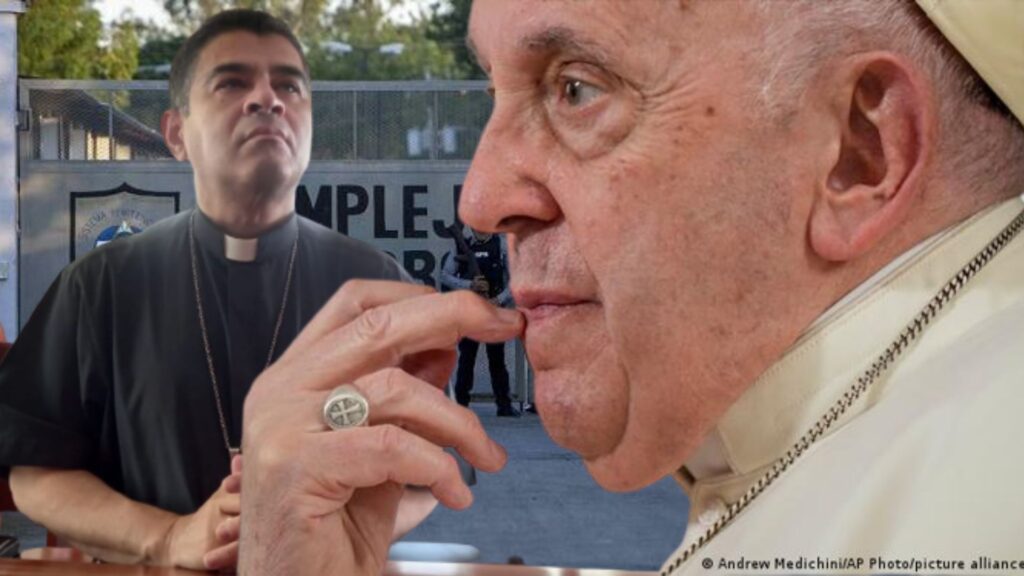
Monsignor Diouf was the last Vatican official in Nicaragua and assumed the role of chargé d’affaires after the dictatorship of Daniel Ortega expelled the Apostolic Nuncio, Monsignor Waldemar Stanislaw Sommertag, in March 2022.
On March 12, the Nicaraguan Ministry of Foreign Affairs reported that it was considering suspending diplomatic relations with the Vatican.
And from that day to date, Catholic activity has been carried out under surveillance, reduced to its properties and temples, with parishioners risking their liberties to attend masses and temples to pray to their symbols in this Holy Week that came to convert, in modern history, in the most forbidden in Nicaragua.
By: Voices in Freedom






